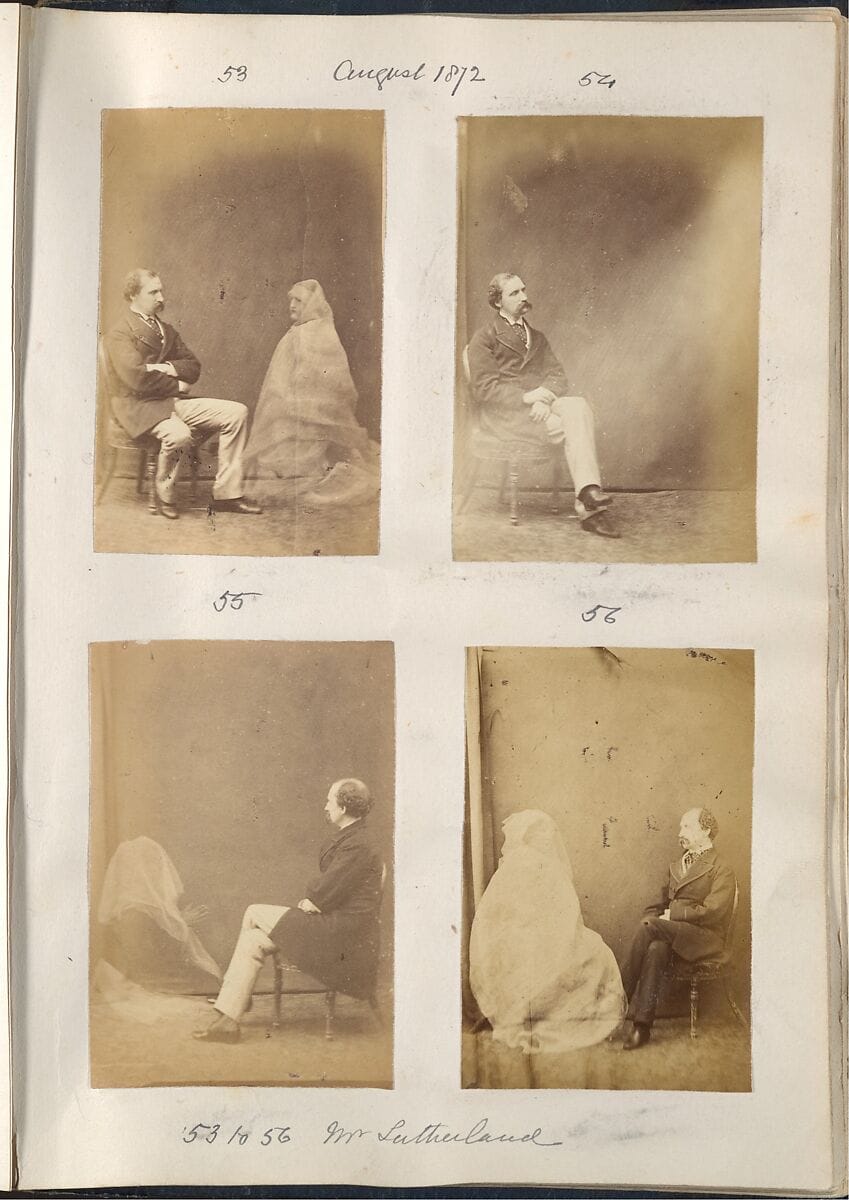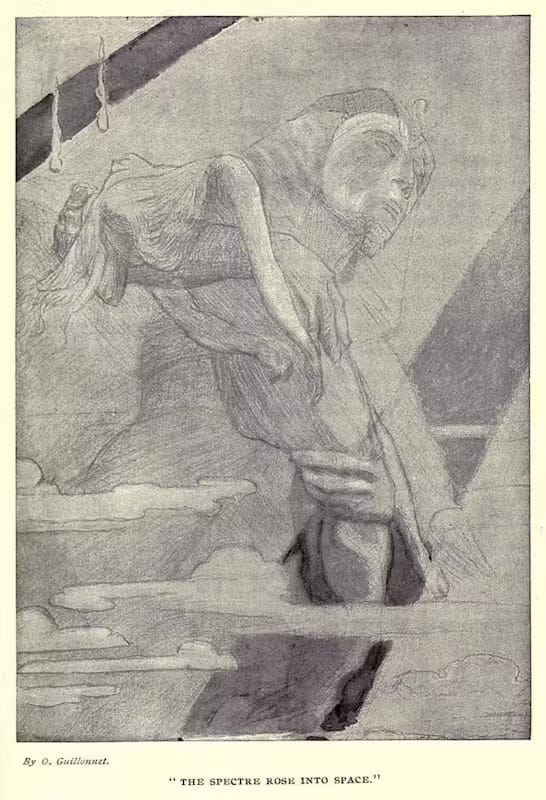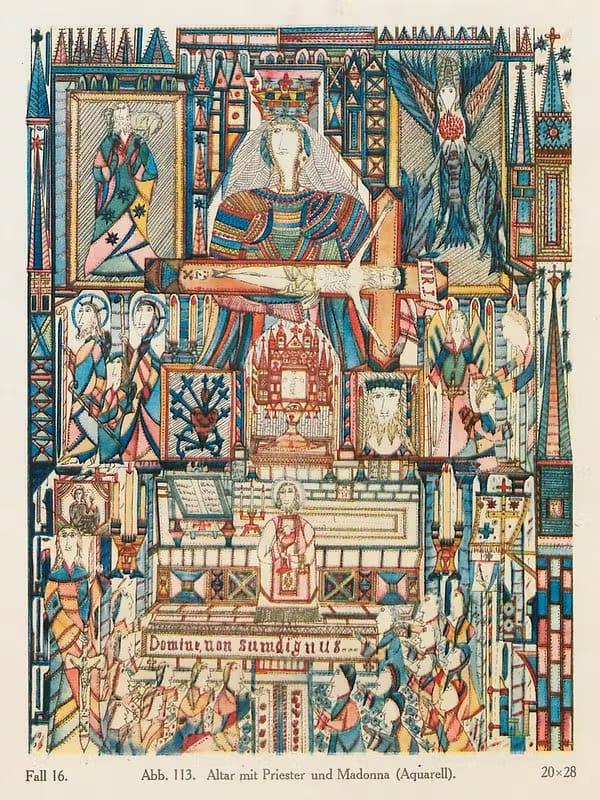Watch my 9mm tokens go bang
gon's inevitable demise, new braden ross album, rich people stealing candy from babies

Music
Videos
this is edited so well

funnily enough, i think keeping a character like gon alive in the world of hxh is a more difficult challenge than killing him off. losing a protagonist is sad/devestating, but then that character merely becomes a memory and doesnt have to engage in any more situations, kind of giving the author an out. i think togashi revels in the challenge. that said, gon should at the very least have some visible battle scars from his stint in "active duty"
i tried this and still prefer cursor


totally agree. this show had an amazing payoff, and then became trash basically immediately after
Quotes
Civilized to Death: The Price of Progress
Christopher Ryan
its not what the voices are saying, its that they are talking at all.
Our greatest blessings come to us by way of madness, provided the madness is given to us by divine gift. —Socrates
you don't drive a tesla to appear humble
A wealthy friend of mine recently told me, “You get successful by saying ‘yes,’ but you need to say ‘no’ a lot to stay successful.” If you’re perceived to be wealthier than those around you, you’ll have to say “no” a lot. You’ll be constantly approached with requests, offers, pitches, and pleas—whether you’re in a Starbucks in Silicon Valley or the back streets of Calcutta.
Even toddlers embrace fairness
According to Joshua D. Greene, a Harvard neuroscientist and philosopher, many lines of research suggest that morality arises from basic brain activities. Morality, in Greene’s view, is not “handed down” by philosophers and clergy, but “handed up,” an outgrowth of the brain’s basic propensities. When Saint Francis of Assisi said that “it is in giving that we receive,” he wasn’t pleading a weak case. He was noting a salient characteristic of our species.
Literally taking candy from babies
When Keltner and Piff left a jar of candy in the entrance to their lab with a sign saying whatever was left over would be given to kids at a nearby school, they found that wealthier people stole more candy from the babies.
Napoleon: A Life
Andrew Roberts
this sounds like something the Joker would say lmao
Much of the first nine months of 1806 was spent by Napoleon in his Conseil, covering a characteristically wide range of matters. March saw him complaining about his 300,000-franc upholsterer’s bill for his throne and six armchairs, which he was refusing to pay, as well as insisting that priests charge no more than 6 francs for conducting the funerals of the poor: ‘We ought not to deprive the poor merely because they are poor of that which consoles their poverty,’ Napoleon said. ‘Religion is a kind of vaccination, which, by satisfying our natural love for the marvellous, keeps us out of the hands of charlatans and conjurors. The priests are better than the Cagliostros, the Kants, and all the visionaries of Germany.’
the middleman minority groups of "Black Rednecks and White Liberals" by Thomas Sowell appear everywhere in history books once you know what to look for
This was the first sign of hostility towards a people to whom Napoleon had hitherto shown amity and respect; henceforth he seems to have been uncharacteristically unsure of himself when it came to policy towards the Jews. Although he didn’t meet many Jews during his childhood or at school, and none of his friends were Jewish, during the Italian campaign he had opened up the ghettos of Venice, Verona, Padua, Livorno, Ancona and Rome, and ended the practice of forcing Jews to wear the Star of David. He had stopped Jews being sold as slaves in Malta and allowed them to build a synagogue there, as well as sanctioning their religious and social structures in his Holy Land campaign. He had even written a proclamation for a Jewish homeland in Palestine on April 20, 1799, which was rendered redundant after his defeat at Acre (but was nonetheless published in the Moniteur). He extended civil equality for the Jews beyond the borders of France in all his campaigns.* Yet on his return to Paris after Austerlitz, Napoleon was petitioned by Salzburg businessmen and bankers to restrict Jewish lending to Alsatian farmers. Alsatian Jews made up nearly half of France’s Jewish population of 55,000, and they were blamed for ‘excessive’ usury in that curious inversion whereby people who borrow money under free contracts in an open market blame those who lend it to them. The Conseil investigated the issue further, and was severely split over it. Napoleon told his councillors that he did not want to ‘sully my glory in the eyes of posterity’ by allowing the anti-Semitic Alsatian laws to stand, so they were repealed clause by clause over the following months.
In the "ever lasting now" framework, it's difficult to qualify what morality means. Because different times and places had different relationships with the concept of morality, and with each other. Technology and information play a large role too. That said, a trend of history that runs through today is that politicians will not hesitate to use/abuse a class of people to solidify their own reign.
In the January 1806 Conseil meeting to consider the Usury Decree he called Jews ‘a debased, degraded nation … a state within a state … not citizens’, ‘a plague of caterpillars and grasshoppers [who] ravage all France!’, adding ‘I cannot regard as Frenchmen those Jews who suck the blood of true Frenchmen.’ He also spoke of ‘rapacious and pitiless moneylenders’, despite the fact that the Conseil’s auditeurs confirmed that the Alsatian debts and mortgages were ‘engagements voluntarily entered into’, and that the law of contract had ‘sanctity’. Repulsive though such remarks are to all civilized people today, these were pretty standard views for an upper-middle-class French army officer in the early nineteenth century. It seems that, although Napoleon was personally prejudiced against Jews to much the same degree as the rest of his class and background, he saw advantages for France in making them less unwelcome there than they were elsewhere in Europe. Napoleon therefore hardly deserves his present reputation in Jewry as a righteous Gentile.
TV






